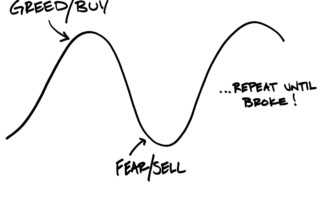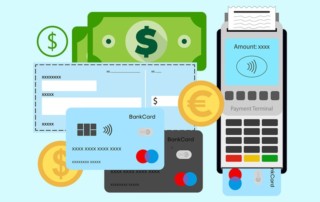The Wealth of Wellbeing: A Behavioural Science Perspective
When we think about wellbeing, we often think about our health, including our mental state. Research has found that good financial health has a huge influence on improving overall wellbeing, while poor financial health is linked to stress, depression and lack of productivity. People in receipt of financial education often report feeling more confident, more in control of personal finances and exhibit better financial behaviours. Good finances have an added positive impact on the wider community and generations to come.











